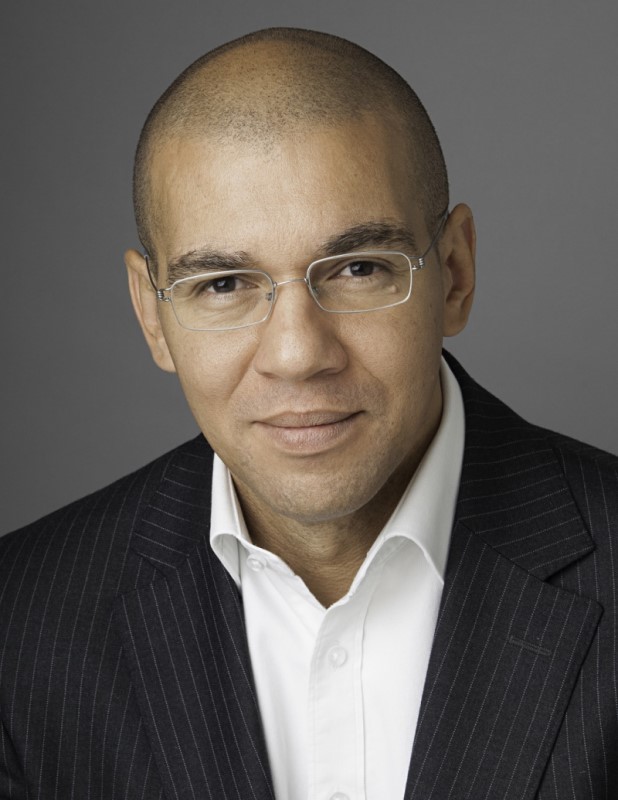Andrew Sackey: Corporate fraud crackdown is gathering pace

Andrew Sackey
Andrew Sackey discusses the accelerating speed of the crackdown on corporate fraud.
As we edge towards the end of the first working week of this new decade, it is worth noting that tax compliance measures first introduced at the start of the last decade will continue to have a far reaching impact well in to the 2020s.
The Spending Review of 2010 (SR10) will be remembered by few, but its legacy has been to deliver a step-change in how the UK’S tax administration deals with deliberate non-compliance. In the preceding year, HMRC’S Criminal Investigation Directorate delivered sufficient files to the UK’S various prosecuting bodies to allow them to charge just 165 suspects nationally. SR10 provided funding for HMRC to recruit and train more criminal investigators with the intention of driving up tax enforcement outcomes. By the end of 2015/16 almost 1,200 suspects were facing often life-changing prosecutions, and the revenue loss protected as a consequence of this body of enforcement work had risen from less than £100 million to £190m per annum.
As law enforcement responses go, that ranks as a hugely impressive turnaround in activity. It resulted in a re-baselining of what the UK public and our politicians have come to consider as an acceptable level of activity from HMRC in the pursuit of the minority of individuals who evade paying their dues. There were of course dissenting commentators who noted that the wealthy and corporates were largely notable by their absence from the publicity generated from increasingly frequent court reports (HMRC remains unable to comment on individual cases by virtue of the principle of taxpayer confidentiality enshrined in its establishing legislation).
Partly in response to this criticism, HMRC took further steps to increase the scope of those targeted. Further monies were awarded in 2015 to address serious and complex tax crime in respect of “wealthy individuals (the 500,000 taxpayers earning more than £200,000 per annum or with net assets of over £2m) and corporates”.
The following year it underwent a major restructuring to create a world first: HMRC’S Fraud Investigation Service. This is the first example of a tax administration unifying its criminal and high-end civil non-compliance operational functions under a single command structure, to allow it to select from the broadest range of powers to best address any given threat.
The resulting strategic focus contributed to the creation of HMRC’S Offshore, Corporate and Wealthy compliance division (OCW) in 2016. OCW’S alignment with the risks experienced in other parts of HMRC and its genuinely collaborative relationship with partners, such as the Financial Conduct Authority and the Serious Fraud Office (SFO), allowed it to grow its compliance impacts from £325m in 2016/17 to £560m in 2018/19. Perhaps even more impressively, it delivered an eight-fold increase in the number of individuals and corporates under criminal investigation to more than 400.
In 2020, there are more than twice as many corporates and wealthy individuals under criminal investigation as there were ongoing criminal prosecutions of any type in 2010. This is a trend that looks likely to accelerate as, just two years after the Corporate Criminal Offence was implemented, OCW has launched its first four criminal interventions in respect of corporate failures to prevent tax evasion by employees or agents. To appreciate the pace of this, it’s worth remembering the SFO took three years to commence its first investigation under the UK Bribery Act.
As HMRC’S focus and confidence in tackling the enablers of tax crime grows, it’s foreseeable that the impressive criminal justice responses that flowed from HMRC’S strategic changes in 2010 and 2015 look set to be replicated in the corporate and wealthy segments. Businesses would be well advised to ensure that their tax governance and compliance measures cover the unique risks posed by the new corporate compliance landscape.

Andrew Sackey is a partner at Pinsent Masons








